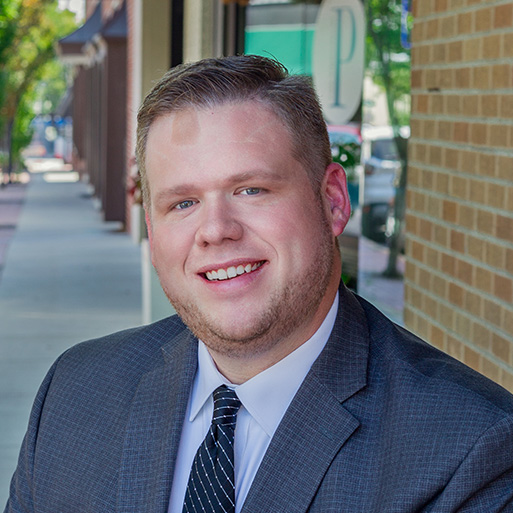How To Manage a Will and Trust
Understanding Wills and Trusts in Estate Planning
The Role of a Last Will and Testament
“By definition, a Will accounts for a person’s wishes of how their assets and estate should be distributed and handled once they die. It spells out who should get what and who should do what, after the benefactor’s demise.”
A last will and testament is used to point out the beneficiaries and trustees and the legal professionals you want to be involved with your estate when you have passed, explains this recent article “What You Need To Know About Handling a Will and Trust from Your Dearly Departed Loved One” from North Forty News. If there are minor children in the picture, the last will is used to direct who will be their guardians.
Differences Between Wills and Trusts
Navigating the Estate Administration Process
Seeking Professional Assistance
Anticipating and Resolving Potential Complications
Organizing and Protecting the Deceased's Assets
Gathering Essential Documents
Securing Valuable Property and Assets
Distributing the Estate According to the Will
Ensuring Fair Distribution of Assets
The Importance of Legal Guidance for Executors
The Responsibilities and Liabilities of an Executor
Consulting with an Estate Planning Attorney
In conclusion, managing a loved one's estate can be a complex and emotionally challenging task. As an experienced estate planning attorney, I, Benjamin Long, understand the intricacies involved in handling wills and trusts, as well as navigating the probate process. To ensure that your loved one's final wishes are fulfilled and their assets are distributed according to their intentions, it is crucial to seek professional legal guidance. Don't face this daunting responsibility alone.
Contact Schlagel Long today to schedule a consultation, and let us provide the expert assistance you need to navigate the estate administration process with confidence and peace of mind.
Related Posts
How To Manage a Will and Trust
What Is the Primary Purpose of a Credit Shelter Trust?
Funding a Trust With Life Insurance
What Exactly Does an Executor Do?
When Should You Have ‘the Talk’ With Your Kids?
Does Your Estate Plan Need a Will or a Trust or Both?
Top 10 Reasons To Get Going on an Estate Plan
Attorney Benjamin Long
Benjamin Long is the founding attorney at Schlagel Long, LLC, an estate planning and probate law firm located in Olathe, Kansas. Ben specializes in guiding families and executors through the management of wills, trusts, and the complex probate process following the loss of a loved one. His expertise includes clearly explaining executor responsibilities, ensuring proper distribution of assets, safeguarding valuable property, and navigating potential disputes or complications among beneficiaries.
Ben’s experience helps executors understand critical differences between wills and trusts, organize essential documents, and fulfill their legal duties while minimizing personal liability. He prioritizes simplifying what can often be an emotionally challenging process, providing compassionate yet practical advice to families as they carry out their loved ones’ final wishes.
Benjamin earned his Juris Doctor from Washburn University School of Law, where he received a Certificate in Advocacy and was inducted into the Order of the Barristers. He holds a Bachelor of Science from Kansas State University. Recognized as a Super Lawyers Rising Star and recipient of Martindale-Hubbell’s Client Distinction Award, Ben offers trustworthy counsel, clear guidance, and authoritative expertise in estate and probate law.
Outside his legal practice, Ben teaches as an adjunct professor at Washburn Law School and coaches the Kansas State University Mock Trial Team. He resides in Olathe with his wife, Dr. Andra Long, and their two daughters.


Estate Planning Legacy Planner
Everyday, we work with people who have lost someone they care about. There is so much these folks have to organize and manage. This planner organizes the information they will most need, in our experience, saving so much time and unnecessary cost. Besides organizing your information, it's so important to have a good estate plan that will keep your family out of court and conflict.
Please use the button below to receive a free copy of our Estate Planning Legacy Planner, an organization tool essential to any estate plan designed to help your loved ones take care of you and handle your affairs.
